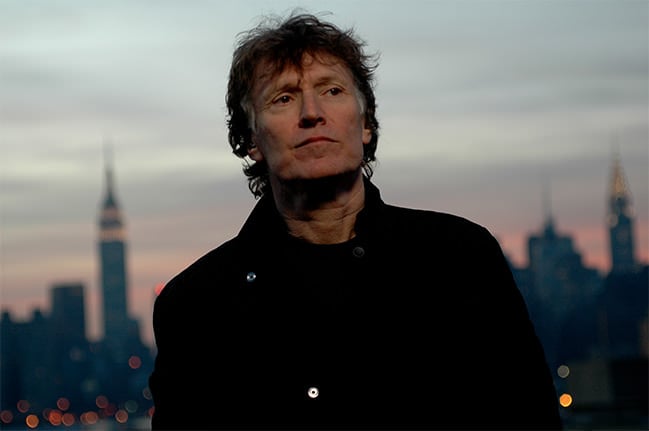
Album Review: John Barleycorn
Traffic had a string of pop-folk hits in the late 1960s, most notably ‘Paper Sun’ and ‘Hole In My Shoe’, but the band were never entirely happy with their commercial musical direction and went their separate ways as the decade ended. However, their leading light Steve Winwood was still under contract to produce two further albums for Island Records. So in 1970 he came to the studio, planning to record a solo album where he intended to sing and play all instruments himself. No mean feat considering he was only 22 at the time!
Winwood had laid down just one track before he tired of working on his own and decided to bring in his former Traffic bandmate and writing partner. One further track was recorded and the pair boosted their sound by inviting Chris Wood to join them. And so it was that the Steve Winwood solo album became the relaunch of the Traffic band and brand.
Things were different this time round, though: the group quite sensibly focussed on Winwood’s unique vocals and considerable keyboard skills. The resulting album, John Barleycorn Must Die, has rightfully become one of the most respected jazz-rock recordings, drawing from a wide range of influences. The title track, based on the traditional folk poem of the same name, shows the more traditional side of Traffic, with acoustic guitar and mandolin. ‘Freedom Rider’ shows off the powerful combination Winwood’s piano and organ skills with his soulful voice: the opening of the track sounds contemporary even forty years on. Capaldi’s saxophone on that track, and also ‘Glad’, set the tone for many such riffs throughout the 70s, and helped Traffic find their unique sound. ‘Empty Pages’ is much lighter in tone, reminiscent of how Winwood would sound in his later poppier solo career.
This fully remastered edition from Universal brings together the original six-track album with a second CD of interesting pieces. There are three alternative takes of the original tracks; really only of interest to die-hard fans (although the first take of John Barleycorn provides an interesting view into the development of the piece). The remainder is taken up with a US concert recording from November 1970 (originally planned for release as a live album at the time), showing the expanded touring band in great form as they try out their new pieces and old favourites on the road.
Really benefitting from the remaster, with tight bass and crisp acoustics, this reissue of Traffic’s cornerstone moment will be appreciated by anyone keen to discover what happens when jazz, folk and rock first came together.
8 out of 10